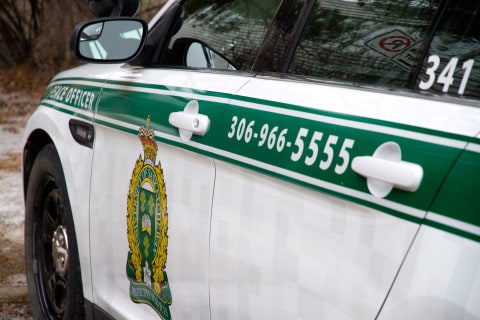University of Saskatchewan Protective Services — better known as campus police — tend to get a bad rap when it comes to students, yet they are a necessary component to a safe campus.
The first thing to settle when looking at campus police is to define them. As per their website, it seems that Protective Services assists campus largely through education. This includes planning procedures to respond to serious situations, training in physical defense for women, non-violent crisis intervention and Introduction to Violence and Threat Risk Assessment courses.
In addition to these measures, they’re also empowered to enforce traffic and safety regulations, the provincial alcohol and gaming laws and sections of the Crimin al Code of Canada pertaining to impaired driving.
al Code of Canada pertaining to impaired driving.
Personally, I live in College Quarter and I feel that living under the jurisdiction of campus police has given me a fairly complete view of what they are like. I have found that, for the most part, they are doing their job well; they help shut down parties, drive through the parking lot occasionally and of course — respond to calls.
When helping shut down parties, campus police can be found playing a minimal role, which is a good thing. In my experience, they simply stand outside the door as the patrons slowly make their way out.
I don’t fully understand the process by which a party warrants an officer over the standard resident assistant presence, but I would base it on an assumption that the louder, more populous parties end up with the presence of an officer.
Nobody likes it when a party gets shut down. However, nobody likes it when drunk people are allowed to roam free throughout the halls either, as that typically never ends well. This is something I like about the campus police, as their presence at parties in residence is mainly limited to standing watch by the door whilst the RA’s try to make sure everyone vacates.
Now don’t get me wrong, I love to party and the party getting shut down is a major downer on the night. However, a safe environment for everybody to party in is always a positive.
Most frequently — at least for those of us living in residence — campus police officers are seen simply driving around making brief checks on their designated areas. At a glance, this seems to not be all that effective and one might think that just driving around wouldn’t lead to the end of much crime. However I ask you to think of the alternative: an overly intrusive police force.
While this might lead to more arrests and end more crime, it would also lead to an environment in which there is little privacy from the campus police. So yes, you can very easily complain about a police force that appears to not be doing enough, but in asking for more police involvement you have to think of your own life and what that means for those of us who are simply trying to go about our business.
Campus police respond to calls or reports as needed, which is a good method to use. It makes certain that officers only really respond to scenarios in which their severity is confirmed. This allows people to make the judgement call themselves as to whether or not campus police are required.
This all paints a picture of what I believe campus police should be. I believe an interventionist police force that maintains a presence at key locations and times is preferable. This makes for an experience with campus police that leads one to believe they are truly there to protect and adds to the appropriate image for a force deemed Protective Services.
—
Jack Thompson
Photos: Brian Kachur
Leave a Reply